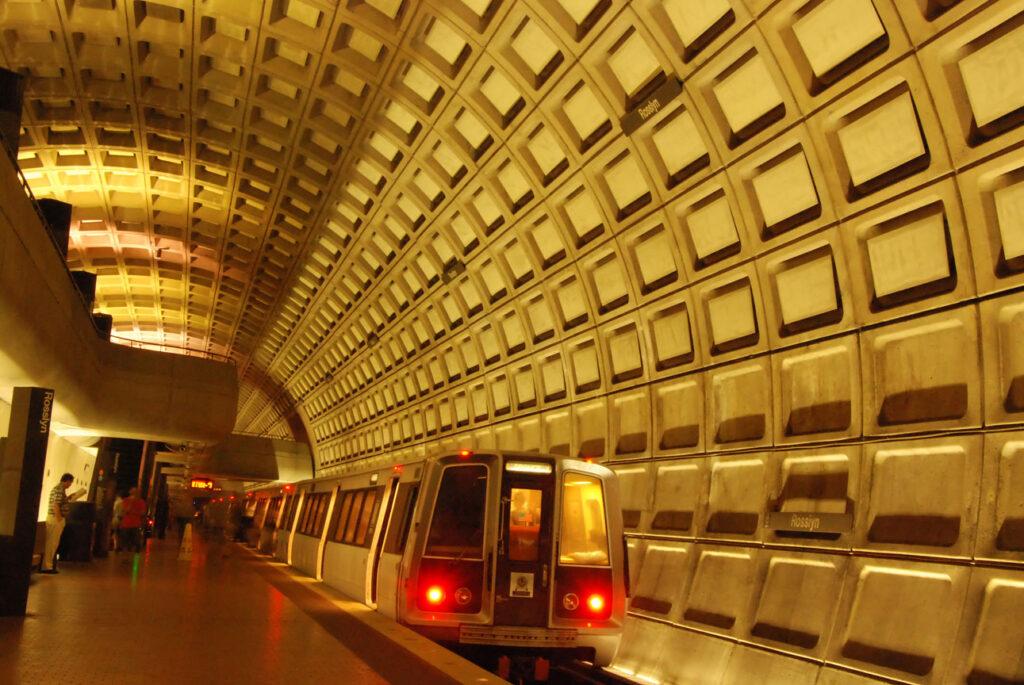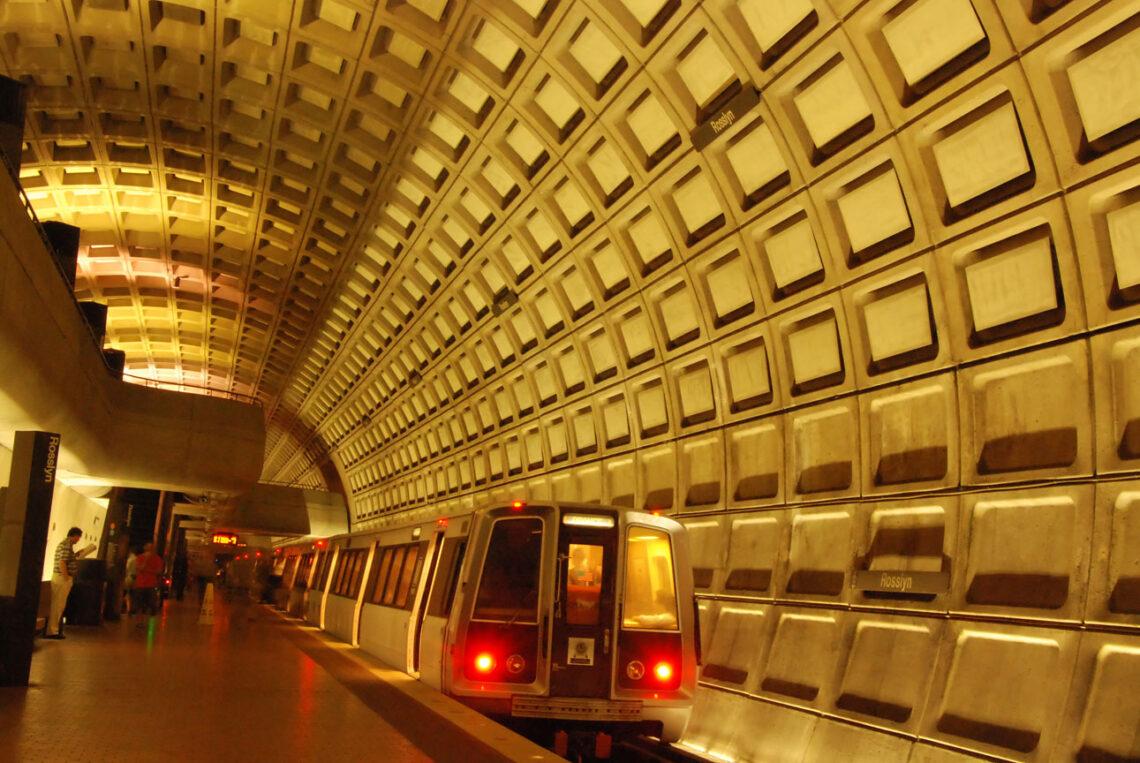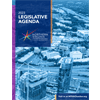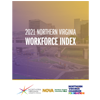 The transit system survived the past three years using nearly $2.4 billion in federal aid, staving off severe cuts and recently returning to pre-pandemic service levels. But with aid running out by July 2024, Metro leaders have undertaken a desperate search for sustainable funding to fill a financial hole projected to grow annually to as much as $1.2 billion later this decade. Metro indicated at their June 22nd Board meeting, if they do not receive a bailout, they will cut service by 67%.
The transit system survived the past three years using nearly $2.4 billion in federal aid, staving off severe cuts and recently returning to pre-pandemic service levels. But with aid running out by July 2024, Metro leaders have undertaken a desperate search for sustainable funding to fill a financial hole projected to grow annually to as much as $1.2 billion later this decade. Metro indicated at their June 22nd Board meeting, if they do not receive a bailout, they will cut service by 67%.
While structural funding issues have existed since Metro’s inception in 1976. We do not believe this is justification for Virginia, Maryland and the District to provide a $750 million bailout to WMATA for FY25 without any commitments for improved financial management. All jurisdictions which currently fund WMATA must manage a balanced budget. Therefore, we do not think WMATA should be held to a different standard. While we think a balanced budget is unlikely in the near term, we do believe that there are important steps the system can take to show good faith efforts to achieving one.
For starters, Metro can be more forceful in their upcoming Collective Bargaining Agreement (CBA) negotiations. The current CBA lapses on July 1st, 2024. Currently, labor cost consumes 70% of all overhead and provides opportunities to cut costs. However, WMATA did not tackle this opportunity, and this resulted in WMATA having one of the highest labor costs among national transit agencies. Currently, Metro’s biggest labor contract includes raises tied to inflation. This has cost the agency 20% more in payroll over the past two years. We strongly believe this should be excluded in the next CBA and should be a requirement for Metro to be bailed out. By doing so, WMATA can begin to emulate the Chicago Transit Authorities (CTA) operational blueprint. While the two systems are similar in size, CTA has less overhead due to a smaller number of employees, and more reliance on part-time workers. If WMATA managed labor costs like CTA, we would feel more comfortable advocating the Virginia General Assembly and Governor Youngkin to step up and fund the system.
In addition, WMATA’s debt load will become a tremendous burden on the financial health of the system. This will take funds away from overdue and ongoing capital needs. Over the next several years, Metro will issue more debt. This will result in a growing share of the annual $500 million of dedicated funding being committed to debt service, thus reducing funding capacity for future capital needs and ballooning overhead. WMATA expects that their borrowing capacity is going to be exhausted by FY2029. In another effort of good faith, the system needs to present a stronger plan on how they will manage their debt load. This is another critical aspect for the Chamber, because we want to ensure Virginia businesses and taxpayers are getting the best return on their investment.
Furthermore, we applaud the system in their recent Bus Network redesign. However, we are concerned about any additional expenses currently. This approach demonstrates to us the lack of financial responsibility or any concern for balancing a budget. The Bus Network would cost roughly $250 million in additional dollars per year. It is important to note that this has an outsized benefit for Maryland and the District, and we believe it should be put on hold until WMATA has a plan in place to address current budget problems.
Lastly, we are committed to finding a way to ensure the system finds a solid foundation and can build towards financial sustainability. We understand the importance of WMATA in our regional economy as the system in Virginia alone generates $1.5 billion in annual tax revenue. However, if we do not take this opportunity to reform WMATA for the better, we will be repeating this cycle every few years.
The Chamber will be assembling a group of Virginia-focused organizations to discuss our next steps. It is apparent, much like the 2019 funding cycle, Virginia will lead the way. We will continue to keep you informed.

















